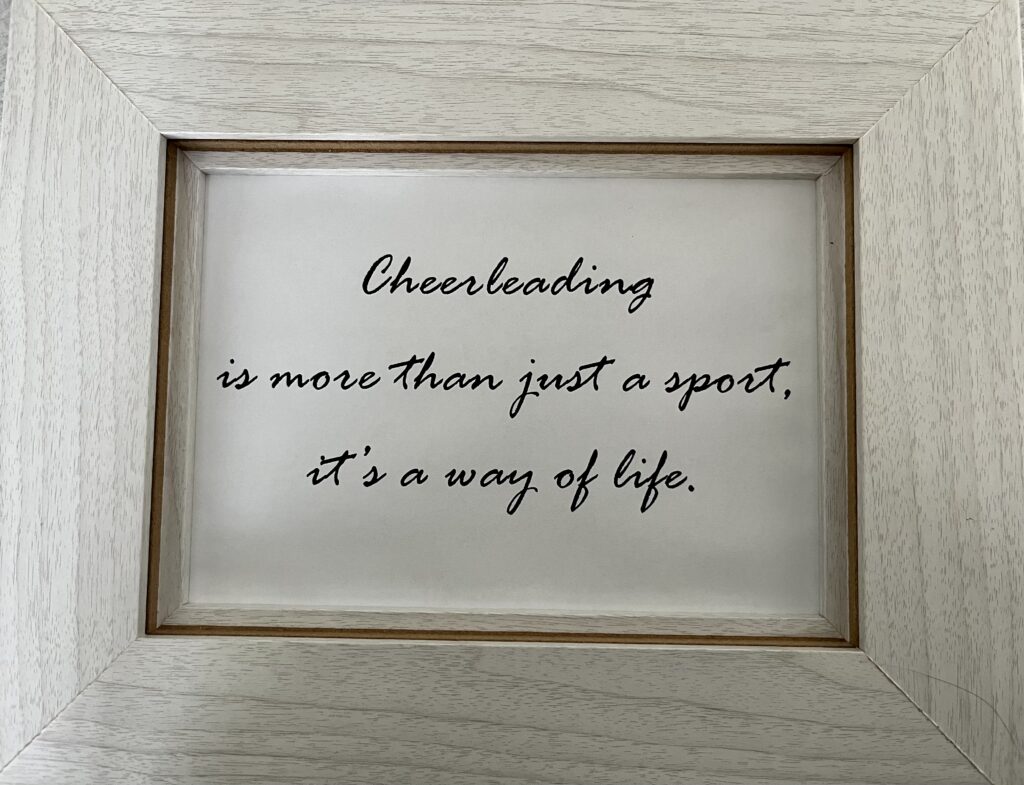
For fifty years, Evergreen Treatment Services has had the privilege of serving the greater Puget Sound community. Since first opening its doors in 1973, much has changed about ETS. But one thing has remained the same: we put the needs of those we serve first. For ETS, care is evergreen.
Jackie Brolsma, a psychiatric nurse practitioner, has worked her entire professional career in substance use treatment. She’s been at ETS for over 30 years, and in addition to her work as a provider, has helped establish residency and addiction fellowship programs. Jackie shares what she’s learned in her three decades with ETS and her passion for uplifting patients by reducing stigma and suspending judgment.
Donate to ETS to support our life-saving work.
When I started at Evergreen Treatment Services in November of 1990, I told the executive director at the time, Ron Jackson, I would do the work for one year. He needed a nurse practitioner, and I had worked my entire career up to that point in substance use treatment. I had taken a bit of a sabbatical from the treatment field and was about to reenter. I knew that I wanted to work more with this patient population but didn’t want to make any big promises.
Now, over 30 years later, I’m still here.
I started work at ETS when HIV was roaring in the 90s. Although the needle exchanges allowed the population using injection drugs to quickly lower their transmission rates, there was a lot of fear about providing them care. With our HIV-positive patients, as with all patients, I wanted to make sure they felt safe and seen at a time when society made them feel untouchable. So, I made it a point to put an extra hand on their back or shoulder when listening to their heart or lungs. It was a small way to connect with them.
The isolation of stigma still goes on for many of our patients. I think back to some of the phone calls we had with patients when Covid-19 hit and we couldn’t see them in the clinic. For many, coming to ETS might have been their only positive human interaction in days. You realize how important this treatment is—not just for recovery, but for people’s well-being. I’m proud that it was our leadership staff who contributed to the national response that methadone clinics were allowed to make to the pandemic; providing additional take-home medication to reduce clinic visits in order to promote social distancing. I’m proud that we could continue to serve our patients in a time of need.
One of the real joys for me in this job is how grateful the population is for the recovery support they receive from our team. As a medical provider, I don’t see patients quite as often as the counselors after their medication is stabilized. But in our annual visits, I have the opportunity to ask, “How has treatment been for you?” I collect these responses because they are so powerful. There’s not a lot of places in medicine and healthcare where you hear people tell you, “The care I have received saved my life.” Our patients are so grateful that a medication is available to minimize the impact of withdrawal and make their long-term recovery possible. I never miss out on the opportunity to ask them about their recovery journey. It’s a way for them to refocus and remind themselves of their progress and I get to validate how far they’ve come. You realize that the work we’re doing is life changing. And it certainly inspires me to keep going in this work.
I have a little picture frame at my desk that says, “Cheerleading is more than a sport, it’s a way of life.” This is my philosophy. I really try to be our patients’ cheerleaders. What that means for me is that I’m their advocate and I’m their companion in this process. I’m accompanying them as a provider.

If I’ve learned anything at ETS, it’s that I just don’t have all the answers. Coupled with that, I’ve learned to always suspend judgment. Until we get in another person’s shoes, we really can’t know what they’re experiencing. My patients have taught me this.
Like any other chronic illness, people with substance use disorders have setbacks and recurrences. We realize this is something that’s going to be managed; it’s not something that’s going to be perfected. That’s why harm reduction is central to how we work with our patients. When we talk about harm reduction, what we mean is that we’re going to do everything we can to help somebody move to an improved quality of life. Sometimes, it may mean baby steps. Sometimes, it may mean just making it to the clinic one day. It means that you’re going to focus your efforts on a goal that the patient identifies and also feels like they can inch towards. It’s keeping patients alive and keeping them safe.
Coming out of the abstinence model I had worked in for a very long time, I sometimes remind myself of the comments I’d hear made about medication for opioid use disorders: that people are not “really” in recovery because they’re still on a medication, even though they are living a quality life and participating in society.
While that stigma still exists, it is changing. More and more society is moving toward a public health approach instead of trying to address substance use disorders through the criminal legal system. Looking forward, it is my hope that somebody struggling with substance use could just walk into any medical care setting and know that they could get help. Just like when you fall and sprain your ankle or break a leg, you can go somewhere and get seen by medical professionals. You wouldn’t have to think, “I can only go to the place that treats broken legs.”
In my time at ETS, I’ve seen the dialogue around treatment shift. I had a hand in developing our medical and nurse practitioner residency programs that include Swedish Cherry Hill, Harborview Internal Medicine, Kaiser Family Practice, as well as SeaMar Nurse Practitioners. For over twenty years we have been hosting an Addiction Fellowship Program—physicians who have completed their residency and are taking one year beyond that specialty to work in addiction medicine. We started out with just Swedish, and now collaborate with Harborview as well. We keep expanding to educate more health care professionals as we treat more people and continue strategizing to meet challenges as they arise.
As we continue to shift the conversations around substance use, I hope that our patients will see their condition as something very treatable, and something that is recognized and able to be handled in a healthcare setting. I hope that people will not have to live in shame and fear that they may be on medication. I hope as this treatment gets moved into more mainstream medical care that our patients don’t have to live with so much guilt and stigma.





Jackie you are the best!
Jackie – This is a beautiful statement of the qualities that make ETS such an outstanding organization. Your patients are very fortunate to have you as their medical provider. I know this as fact since during my time as a counselor at ETS many people on my caseload told me of their appreciation for your professional expertise and compassionate care.